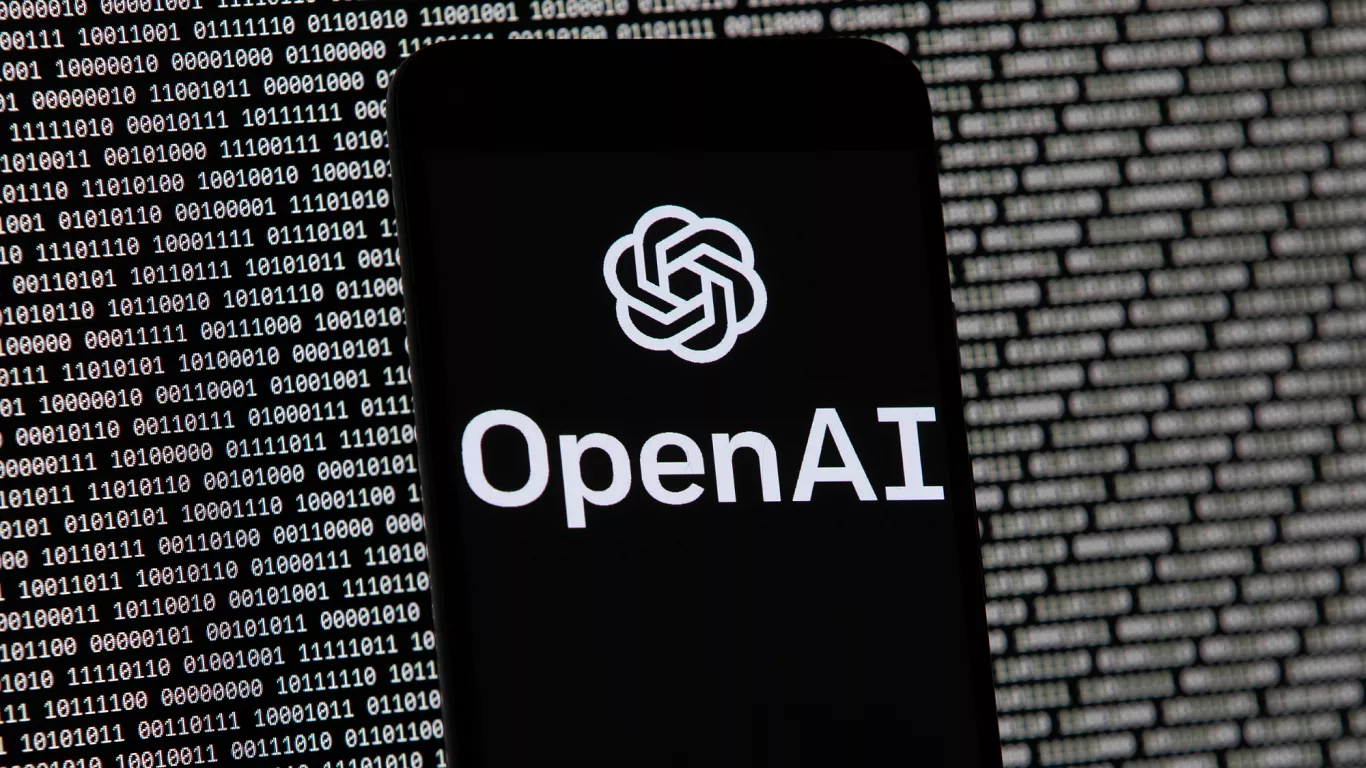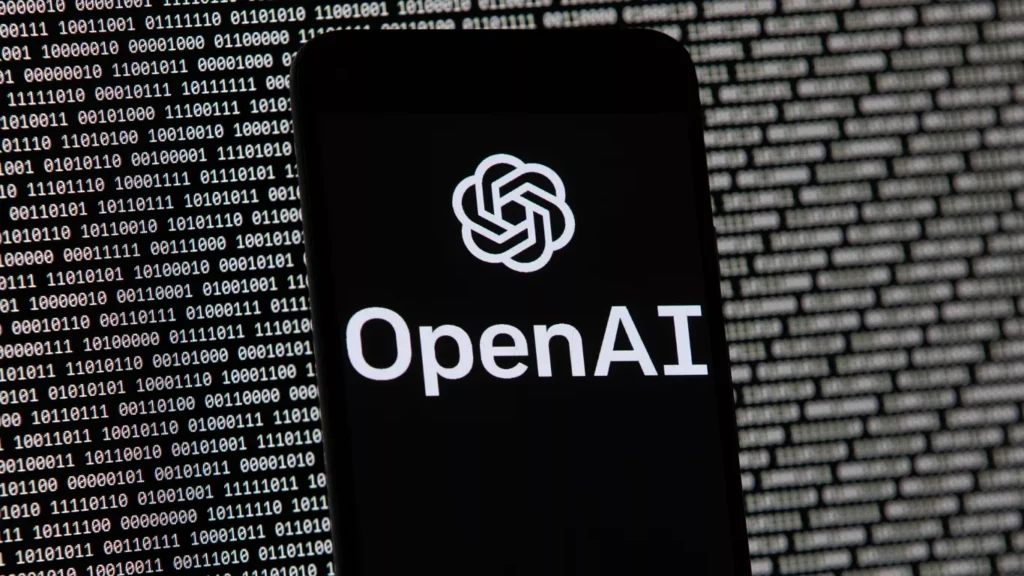
The search engine landscape is undergoing a seismic shift as AI giants OpenAI and Perplexity AI launch innovative web of AI browsers to challenge Google Chrome’s dominance. With Chrome commanding a 68.4% global market share (StatCounter, June 2025), these AI-powered browsers—Perplexity’s Comet and OpenAI’s upcoming offering—promise to revolutionize how we browse, search, and interact online. As Google faces antitrust lawsuits, including a €4.1 billion EU fine and a 2024 U.S. ruling against its search monopoly, the stage is set for a fierce battle in 2025. In this article, we explore these groundbreaking browsers, their features, and what they mean for users, publishers, and the future of the internet.
Perplexity’s Comet: A Game-Changing AI Browser
On July 9, 2025, Perplexity AI, backed by Jeff Bezos and Nvidia, launched Comet, an AI-powered web browser for Mac and Windows, designed to bypass traditional browsers like Chrome and Safari. Currently available to Perplexity Max subscribers ($200/month) and select invitees, Comet integrates Perplexity’s AI search engine and a powerful assistant, Comet Assistant, to transform browsing into a seamless, conversational experience.
Key Features of Comet
- AI-Driven Search: Comet’s default search engine delivers AI-generated summaries, pulling real-time data from trusted sources, ideal for quick research or shopping tasks (e.g., creating a grocery list for recipes from a website).
- Task Automation: Comet Assistant can click, type, autofill forms, manage emails, and schedule calendar events, streamlining workflows for professionals and casual users alike.
- Privacy Focus: Data is stored locally, avoiding model training on personal information, appealing to privacy-conscious users amid growing data concerns.
- Cross-Platform Integration: Available on Mac and Windows, Comet allows one-click import of extensions, settings, and bookmarks, easing the transition from other browsers.
Perplexity’s CEO, Aravind Srinivas, emphasizes Comet’s goal to “replace traditional navigation with agentic AI that can think, act, and decide on behalf of users.” With 780 million queries processed in May 2025 and 20% month-over-month growth, Comet could capture significant market share if adopted by Perplexity’s user base.
OpenAI’s AI Browser: A ChatGPT-Powered Revolution
OpenAI, backed by Microsoft, is set to launch its own AI-powered web browser in the coming weeks, built on Chromium (the open-source foundation of Chrome and Edge). While details remain limited, the browser aims to integrate a ChatGPT-like conversational interface, keeping user interactions within a native chat environment rather than redirecting to external websites.
What We Know About OpenAI’s Browser
- Conversational Interface: Users can ask questions and receive personalized, real-time answers, similar to ChatGPT’s 500 million weekly active users’ experience.
- Data Strategy: By controlling the browser, OpenAI gains direct access to user data, a cornerstone of Google’s ad revenue, potentially disrupting Alphabet’s 75% ad-driven income.
- Strategic Hires: OpenAI recruited two former Google Chrome vice presidents, signaling a serious push to rival Chrome’s 3 billion users.
- Task Automation: Like Comet, OpenAI’s browser will feature “agentic AI” to perform tasks like booking or summarizing content, enhancing user efficiency.
This move aligns with OpenAI’s broader strategy to weave AI into personal and professional lives, following its $6.5 billion acquisition of an AI devices startup in May 2025.
Google’s Challenges: Antitrust and Publisher Pushback
Google Chrome’s 68.4% market share and its role in driving ad revenue (nearly 75% of Alphabet’s revenue) make it a juggernaut. However, legal and competitive pressures are mounting:
- Antitrust Rulings: In 2024, a U.S. judge ruled Google illegally monopolized search through default agreements, prompting the Department of Justice to demand Chrome’s divestiture. The EU’s €4.1 billion fine for anti-competitive behavior further weakens Google’s position.
- Publisher Lawsuits: Independent publishers and media giants like News Corp, Forbes, and Dow Jones accuse Google’s AI Overviews and Perplexity of causing traffic and revenue loss by summarizing content without proper credit or compensation.
- AI Competition: Google’s AI Overviews and Gemini face challenges from Perplexity’s Comet, OpenAI’s browser, and other AI-driven browsers like The Browser Company’s Dia and Brave.
These pressures create an opening for AI browsers to disrupt Google’s ecosystem, especially as users demand faster, more intuitive search experiences.

Opportunities and Challenges for AI Browsers
Opportunities
- User Experience: AI browsers offer conversational, task-oriented interfaces, reducing the need for manual navigation. For example, Comet’s ability to summarize social media posts or Google Docs in real-time enhances productivity.
- Market Shift: With 15–20% of search traffic shifting to AI models (as noted on X), AI browsers could capture early adopters, especially professionals and researchers.
- Privacy Appeal: Comet’s local data storage and OpenAI’s focus on user control could attract users wary of Google’s data-tracking practices.
Challenges
- User Adoption: Convincing users to switch from Chrome (66.49% market share) or Safari (16%) is tough, as familiarity and pre-installed defaults dominate.
- Accuracy and Trust: AI “hallucinations” (false information) remain a hurdle. Perplexity’s past issues with inaccurate summaries highlight this risk.
- Publisher Tensions: Lawsuits against Perplexity for unauthorized content use and OpenAI’s history of copyright disputes (e.g., The New York Times lawsuit) could erode trust.
What This Means for the Future
The rise of AI-powered browsers signals a shift from traditional searching to AI-driven “task completion.” Perplexity’s Comet and OpenAI’s browser aim to become “Internet OS” platforms, where AI agents handle complex workflows, from shopping to scheduling. However, Google’s infrastructure, user base, and ongoing AI innovations (e.g., Gemini integration in Chrome) ensure it remains a formidable competitor.
For users, AI browsers promise efficiency and personalization but require trust in AI accuracy and data privacy. For publishers, the challenge is balancing content visibility with fair compensation. For advertisers, new platforms like Comet’s planned ad features (Q4 2025) offer opportunities to target niche audiences but face competition from Google’s ad dominance.
Stay Ahead of the AI Browser Revolution
As OpenAI and Perplexity challenge Google’s grip on the web, 2025 will be a pivotal year for browsing and search. Will AI browsers redefine how we interact with the internet, or will Google’s Chrome remain king? Share your thoughts in the comments below, and follow updates on X for the latest tech trends.
For more insights, check Reuters or TechCrunch.







